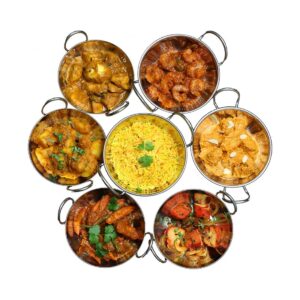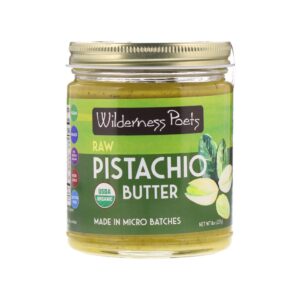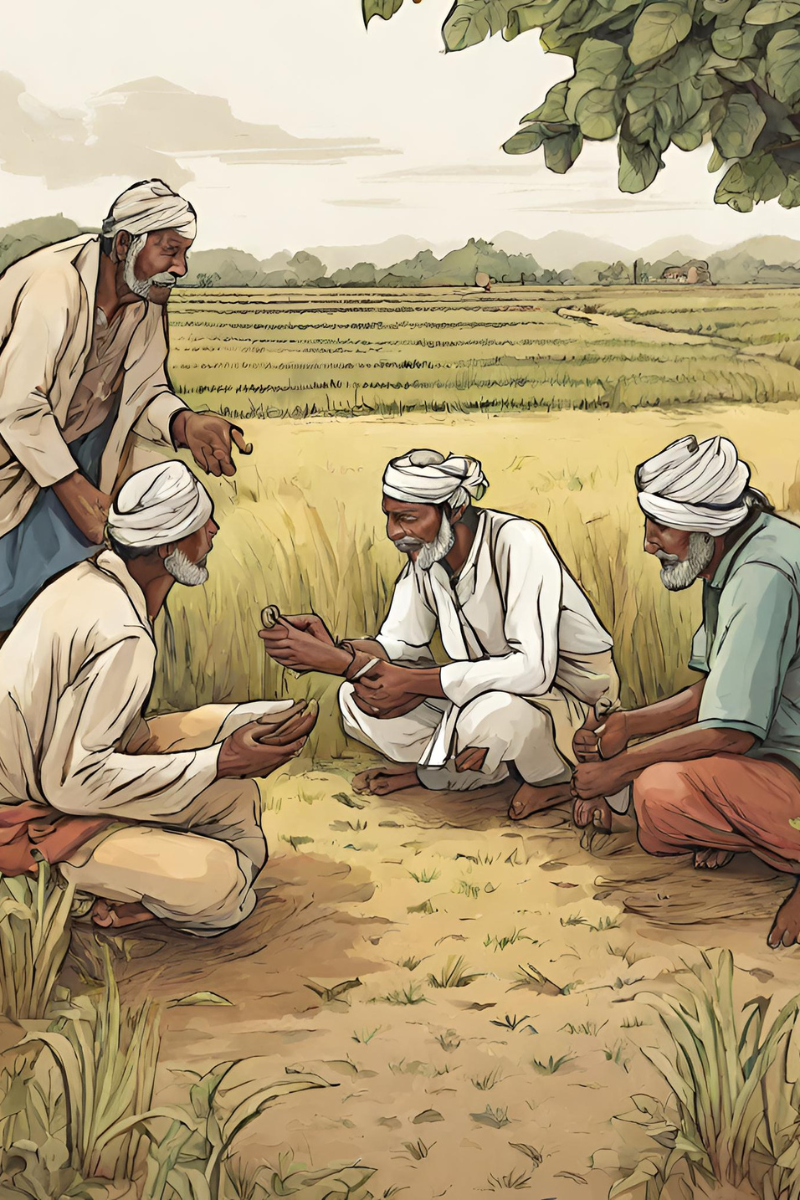
Storytelling is a powerful and universal form of communication that has been used by humans for centuries to pass down knowledge, tradition, and cultural values. In many cultures, oral traditions play a vital role in preserving history and shaping collective identity. This article will delve into the significance of storytelling in different parts of the world, exploring the ways in which oral traditions continue to influence societies and connect people across generations.
Farmers can benefit from storytelling in several ways:
- Building Connections with Consumers: Storytelling allows farmers to share their personal experiences, values, and the journey behind their products. By connecting with consumers on a human level, farmers can cultivate trust and loyalty, encouraging consumers to support their farm.
- Differentiation and Branding: In a competitive market, storytelling can help farmers differentiate their products and brand. By highlighting unique aspects of their farming practices, such as sustainability initiatives, regenerative agriculture methods, or heritage breeds, farmers can stand out and attract consumers who resonate with their story.
- Education and Awareness: Storytelling is a powerful tool for educating consumers about farming practices, food production, and the importance of supporting local agriculture. By sharing stories about the challenges and rewards of farming, farmers can raise awareness about issues such as food security, environmental sustainability, and the value of small-scale agriculture.
- Community Engagement: Storytelling can foster stronger connections within the local community by bringing people together around shared values and experiences. Farmers can use storytelling to engage with community members through events, workshops, farm tours, and other activities that showcase their farm’s story and encourage participation.
- Marketing and Sales: Compelling storytelling can help farmers market their products more effectively and increase sales. By crafting engaging narratives around their products, farmers can create demand and generate interest among consumers, leading to increased sales and market visibility.
Overall, storytelling offers farmers a powerful tool for building connections, differentiation, education, community engagement, and marketing, ultimately contributing to the success and sustainability of their farm businesses.
The Cultural Significance of Storytelling
Storytelling is an integral part of human culture, serving as a means to educate, entertain, and inspire. In many indigenous communities, oral traditions are the primary way of preserving cultural heritage, transmitting knowledge, and imparting moral values to younger generations. The stories told within these communities often depict the history of the people, their relationship with the natural world, and the wisdom of their ancestors.
-
- In Aboriginal Australian cultures, Dreamtime stories are central to the understanding of creation, law, and the significance of the natural landscape. These stories are passed down orally from generation to generation, connecting individuals to their ancestral past and the spiritual essence of the land.
-
- In West Africa, the griot tradition involves oral historians and storytellers who hold the responsibility of keeping the history and traditions of their people alive through storytelling, music, and poetry. Griots are revered for their ability to preserve the collective memory of their communities.
-
- In the Maori culture of New Zealand, storytelling plays a crucial role in passing down knowledge, cultural values, and traditions. The concept of Whakapapa, which refers to genealogy and the interconnectedness of all living things, is intricately woven into Maori storytelling and mythology.
The Role of Storytelling in Education and Entertainment
Beyond its cultural significance, storytelling also serves as a powerful tool for education and entertainment. Throughout history, oral storytelling has been a primary method of imparting knowledge, teaching moral lessons, and sparking the imagination of listeners.
In ancient Greece, the tradition of epic poetry and oral storytelling gave rise to timeless classics such as Homer’s The Odyssey and The Iliad. These narratives not only entertained audiences but also conveyed the values and beliefs of Greek society, shaping the cultural identity of the ancient Hellenic world.
In the context of education, storytelling has been recognized as an effective way to engage students and facilitate learning. Research has shown that incorporating storytelling into pedagogy can improve retention, critical thinking, and empathy among students. By framing information within a narrative structure, educators can make complex concepts more relatable and memorable for their students, fostering a deeper understanding of the subject matter.
The Evolution of Storytelling in the Digital Age
While traditional oral storytelling remains deeply ingrained in many cultures, the digital age has brought about new forms of storytelling and narrative expression. Digital storytelling, which combines multimedia elements such as audio, video, and images, has become a prevalent medium for sharing personal narratives, raising awareness about social issues, and preserving individual and collective memories.
In the realm of business and marketing, storytelling has emerged as a powerful tool for brands to connect with their audiences on an emotional level. Through compelling narratives, companies can create a strong brand identity, build customer loyalty, and convey their values and mission in a more impactful way. The use of storytelling in advertising and branding has proven to be highly effective in capturing consumers’ attention and evoking empathetic responses.
Conclusion
The power of storytelling is universal, transcending geographical and cultural boundaries. From ancient oral traditions that have stood the test of time to modern digital narratives that shape our understanding of the world, storytelling continues to play a pivotal role in human communication and expression. As we continue to explore the art of storytelling across different cultures and mediums, we gain a deeper appreciation for its capacity to unite, inspire, and transform our understanding of the world.
Whether through the retelling of ancient myths around a campfire or the viral spread of personal stories on social media, the human impulse to share experiences and connect through narrative is a testament to the enduring power of storytelling.
If you are a farm, and you would like to learn more about the magic of story telling, via our platform you would be able to share your story effectively across multiple channels. Sign up today!
 Docs
Docs
 Support
Support



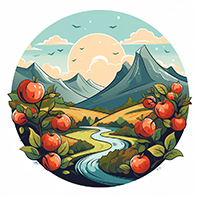






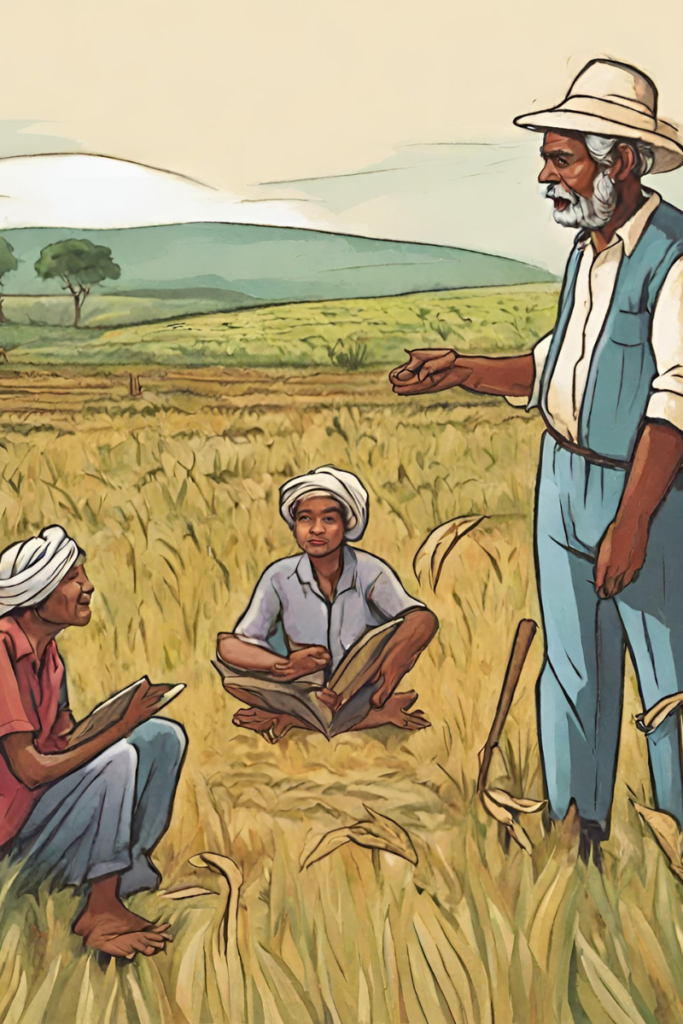










 Home
Home  Whishlist
Whishlist  Cart
Cart 
